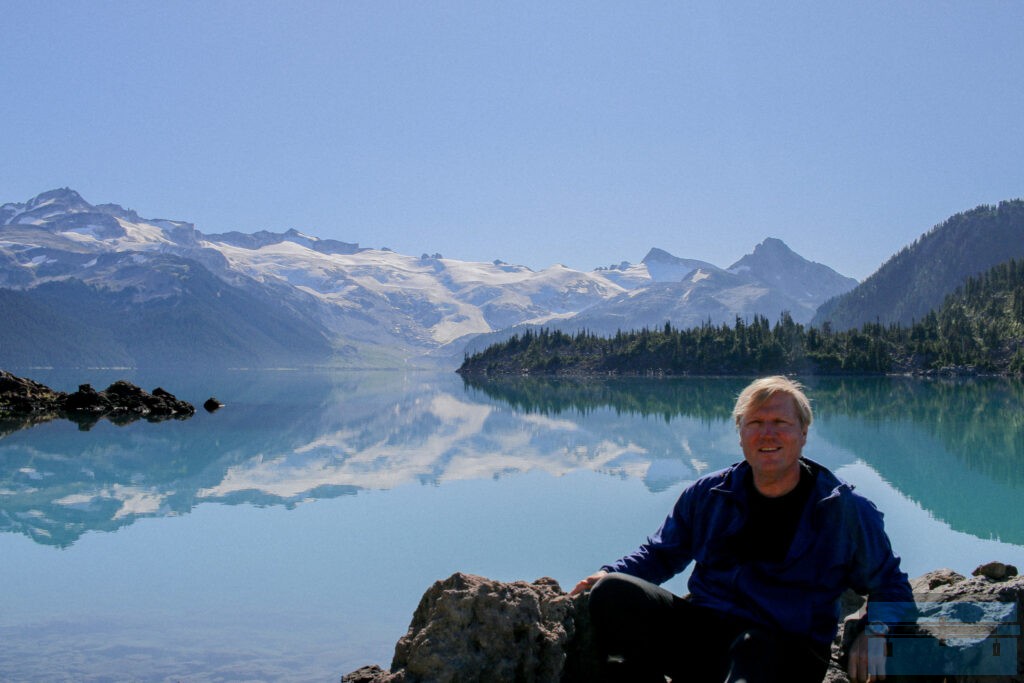
#108 CHANGING OUTCOMES

#108
CHANGING HABITS MAY STILL CHANGE OUTCOMES FOR CIVILIZATIONS
By PETER THOMAS BUSCH
T
he dog days of summer are upon us.
Those very best years of our lives may yet be extended for an encore, putting off that last winter perhaps for another decade or two as part of a longer life expectancy – as a result of changes already made in our youth.
People can worry about the inevitable blistering cold of the deep winter months, when death appears everywhere in the stunted brown and yellow grass, and the solemn leafless trees, but the thickness of the August heat can be so distracting.
And no, the references are not to climate warming.
The longest moments of the year take on a metaphysical quality where time cannot be used to measure any one part of the day. The energy from the sun gets in between moments and extends them like an elastic band.
EVEN THE SHADOW WORLDS MAY BE UNSAFE
Even the shadow worlds may be unsafe from the reach of the sun, and the brilliant heat therefrom.
The turns of days and nights become imperceptible with those cold midnight hours, that usher everyone home for warmer environments, being absent.
More time for these and other thoughts under the warm sky are not empty moments, but nevertheless, often ineffective meaningless with the inevitable blank days and nights set free into the freedom of the moment.
The long warm hours spent on exploration ever so incrementally immerse into the gradual darkness of the cooling night sky.
Even the mountain lake takes on a different character – from the frigid death trap the water poses in winter to the cooling pond sanctuary that just might save you from losing a day in the oppressive heat of the planet’s hottest days ever.
These times, you can do that in the late summer hours – find a place and just be.
An hour or two can be wasted away on an empty baseball diamond going through a bag of salted spits.
There’s work to do when it rains, and then there is a bit of decompression when the sun finally breaks out and evaporates the remaining subtleties. Everything changes when the rain stops falling and the cold wind finally stops blowing.
The shifting play of the summer day can be a bit exhausting – especially when the heat keeps you up at night, and one sleepless night leads into another.
The trouble some people get into with too much time on their hands can be worrisome. Those same extended moments marked for contemplation can be misused for exploration into the inner haunts of the neighbourhood that unintentionally, but inevitably lead to trouble.
CONTEMPLATIVE MOMENTS TO REACH INSIDE ONESELF
More contemplative moments may be better used reaching inside oneself and becoming better self aware, under the bright stars and the illuminated moon, with the sun hiding, after the Earth has incrementally rotated away during sunset.
The full extent of friendships can often be measured during these poignant moments occurring quite spontaneously within summer play.
These tender hours offer unique opportunities that form bits and pieces of preparation for that grand adventure still ahead.
Those hoped for feelings each summer now, about the heat dome only being an aberration, hold true, for sure, because the cold does arrive inevitably to push the heat out.
People have to do the best they can now, though, to repair the damage to the climate, at least for future generations, as a form of community obligation.
Extreme weather conditions can neutralize those opportunities to enjoy the changing seasons, and perhaps do a lot more damage by making communities uninhabitable and life unsustainable.
Changing habits, though, may still change climate outcomes.
Removing plastic from the oceans may seem to be a more insurmountable task than retrieving lost bicycles and broken motor vehicles from city rivers.
The process of beginning the environmental clean-up is the same task, though, perhaps one lost day to hard work at a time that may eventually beckon the return of more joyous moments than the long hours of distraction that may be ahead.
Unfortunately, previous generations were deluded into thinking that lazy, sloppy polluting acts would never add up to an insurmountable environmental crisis.
Certainly, knowledge or lack thereof, of the impact on the environment of certain reckless acts and processes is a key element in what occurs in society that has contributed to climate warming.
But too often, the priority is to get by in the present without consideration even for the next day or the next year or the next decade, regardless of the knowledge base.
Long thoughtful speeches attempting to reason with government authorities have done less good than the actual experience of not being able to swim in the river, despite the river’s constant presence.
The loss of the joyous moments, of swimming in the river, of fishing in the oceans, may be the most obvious cost for which industrialized civilizations and individual capitalists have become indebted to the environment.
The day may yet come when nations go to war with each other for overly abusive climate practices, but better yet, civilizations may also go to war against climate change, by changing best practices and accelerating the environmental clean-up – which will at least give the Earth a fighting chance to recover from a century of increasingly accelerated industrialization.